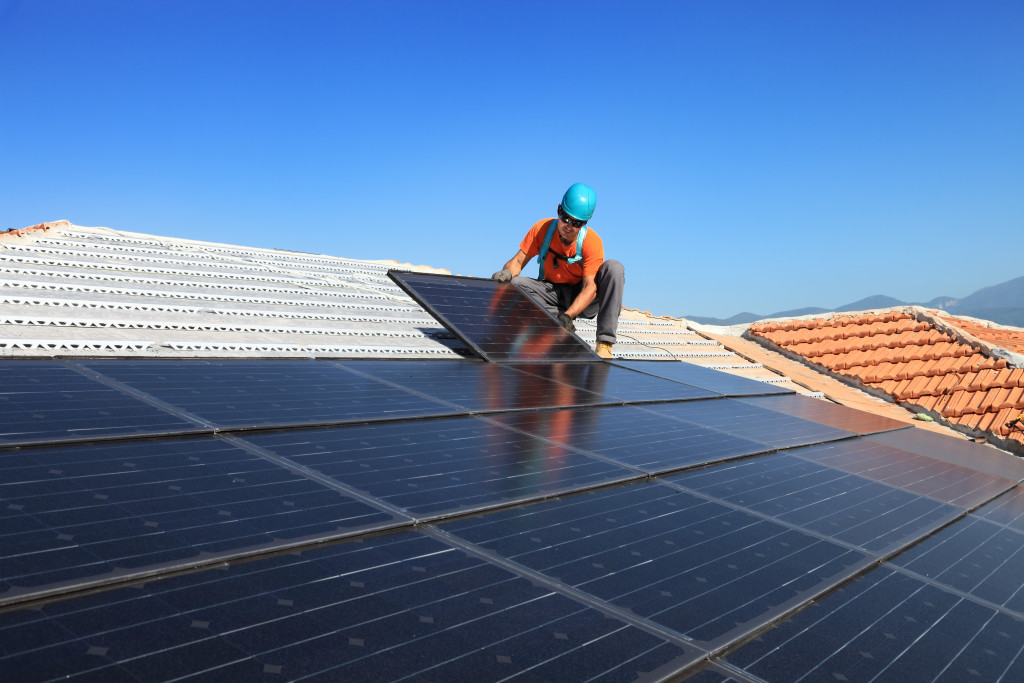EU powers 2 Davao Occ sitios with solar
- November 12, 2018
- 0

EU Development Corporation Head Enrico Strampelli said the energization of sitios New Mabuhay in Malita and Mahayag in Don Marcelino is part of the EU’s €60 million or P3.6 billion Access to Sustainable Energy Programme (ASEP) for off-grid areas in the country.
He emphasized the project goal in promoting the productive use of renewable energy for increased income generation in the recipient rural communities.
Davao Occidental Governor Claude Bautista added that the project made a lot of difference in the lives of the recipient residents.
As an example, newly electrified New Mabuhay now powers two units of abaca spindle machines that help residents process their abaca.
New Mabuhay in Barangay Little Baguio in Malita was so remote that electric cooperatives had difficulty installing power lines, the lack thereof slowed down economic development in the community.
Bautista said he hopes that the installation of the said solar panels would improve the lives of the recipient communities.
Energy Undersecretary Felix William Fuentebella said the two communities were among the 100,000 households in Mindanao and Bohol in the Visayas that the national government had planned to power through off-grid technology.
The program’s target was to install a 50-watt peak capacity each in recipient homes, he added.
“Rest assured, the DOE and our partners-stakeholders will continue to explore more projects that will benefit our brothers and sisters in remote areas through innovative solutions,” Fuentebella was quoted in a report by Philippine News Agency.
Energy Undersecretary Jesus Cristino Posadas said in a statement that, “there is a close correlation between energy, particularly electricity and social and economic development as being energy-poor is poverty-bound.”
“Most of the poorest of the poor are located in remote and far-flung areas which are not connected to the main grids of Luzon, Visayas and Mindanao –the so-called off-grid areas,” he said.
“Energizing these power-poor areas will enable economic and social activities to be started and be sustained there,” Posadas added.
Residents of remote areas usually have to use expensive energy sources such as diesel generators, for their livelihood including corn shelling, rice hulling, and abaca processing, he said.